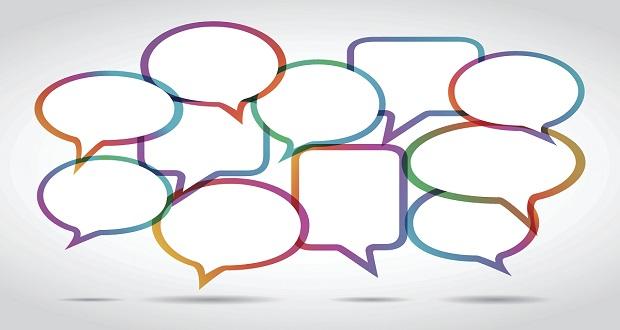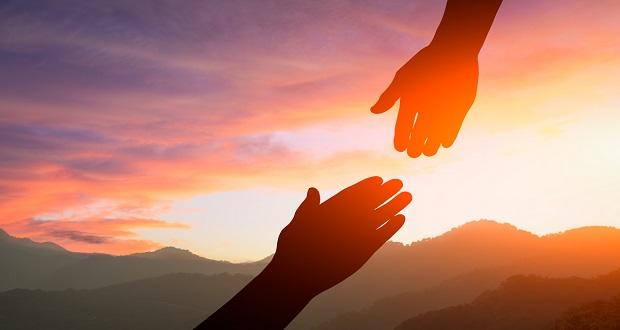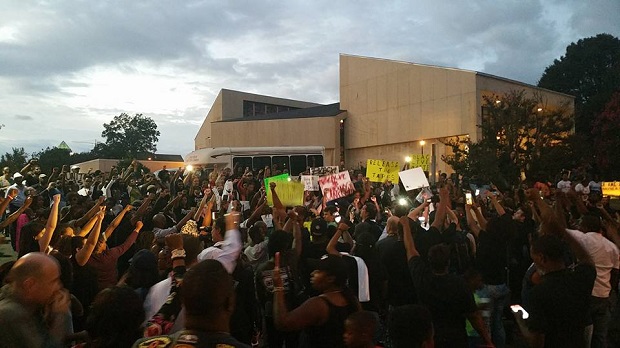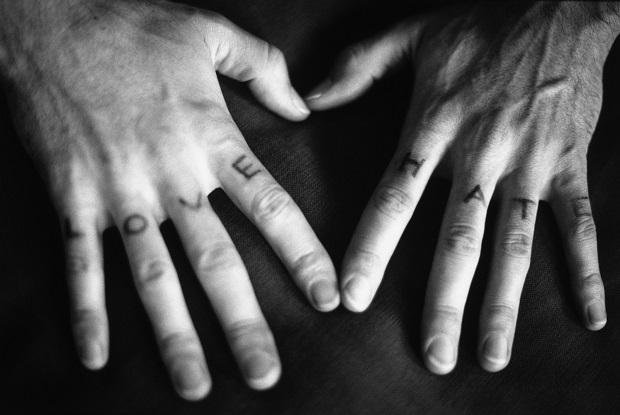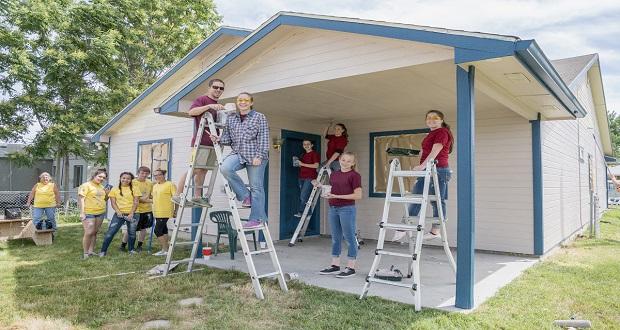
Next week I am going to a small county in the Appalachian Mountains near Knoxville, Tennessee with an organization called Appalachian Service Project. On this trip, I will be chaperoning a group of high schoolers. We will be assigned a house project for the week and working with a family in need from that community. These projects could range from repairing a roof, to going under the house to fix the insulation, to painting.
I’m nervous.
I’m not nervous about getting on a roof (although I am afraid of heights) or about going under a house. I am not nervous about meeting the families whose houses we will be working on or working with the other chaperones. I have been on this trip a few times as a teenager, and I am excited to go back.
But I am nervous about bringing a group of well-meaning, wealthy, suburban Atlanta teenagers to a place where 25% of people live below the poverty line—and I am nervous about supporting them as they process the world they have entered, the people they meet, and the work they are doing.
As I mentioned, I went on two trips like this as a teenager, and both were incredibly impactful to me. To gain an understanding of poverty in the U.S. as a teenager from a financially privileged family was invaluable. To hear the stories of families in counties where coal mining was king (or used to be), to learn the history of these places where people feel forgotten, and to bond with them over the things we shared in common left me with an immense sense of gratitude and humility that remains with me today. I suppose this is the point of these kinds of trips, but I think it’s more complicated than the trite, oversimplified saying goes – “Their life is so hard, but they’re still smiling.”
And this is why I am nervous. Because in the years since going on these trips as a teenager, I have gained a critical lens through which to see these kinds of experiences. I’ve asked questions like, “Is it wrong if the kids are potentially getting more out of this than the families they’re serving?” and “Could we better serve the people and local economy by getting out of the way and allowing local tradespeople to do this work?” I’ve wondered whether all that I gained from the exposure to a different way of life, to different kinds of people, and to my own privilege was worth the emotional labor the families must have had to do in order to put up with groups of teenagers around their house all summer asking them to tell their stories.
Perhaps I am cynical, but I do think it is worth considering that telling people with privilege and power to expose themselves to difference by entering spaces made for and by people lacking said privileges and power can be harmful.
Telling people with privilege and power to expose themselves to difference by entering spaces made for and by people lacking said privileges and power can be harmful. Share on XI think about this in the context of our DEI work often. At The Winters Group, we share the 4E Model with people as a way of helping them think about what is necessary in order to become culturally competent: Exposure, Experience, Education, and Empathy. And I wonder sometimes if that exposure comes with a cost.
But then of course it does. I don’t know what the answer is or how to do this work in a clean, no frills kind of way where no one gets hurt and no one loses anything. I don’t know that it’s possible. This work, whether it’s in a small town in Appalachia or in a D&I training, is messy. There will always be power dynamics to consider and privileges to be mindful of. I don’t think that’s an excuse to engage with people inequitably. We have to be aware when we are engaging with people in a way that is costing them – emotionally or physically. Navigating those dynamics can be uncomfortable, and we can do it wrong sometimes. But I’m hopeful that for everyone involved, it’s in some way worth it.
We have to be aware when we are engaging with people in a way that is costing them – emotionally or physically. Navigating those dynamics can be uncomfortable, and we can do it wrong sometimes. But I’m hopeful that for everyone… Share on XAs I leave for this trip, I am reminded that I bring with me all the nuance and criticism and hope and humility and gratitude I’ve gained since the last time I went. I look forward to wading into the messiness again, and I invite you to wade into it too in your own worlds. Be aware of what you bring with you as you work to expose yourself to difference, experience new places and communities, and learn what you can about the people and places with whom you’re engaging, but don’t be afraid of that messiness. Wading into it is the only way I know to find common ground, so: I may be nervous, but I know it’s worth it.

